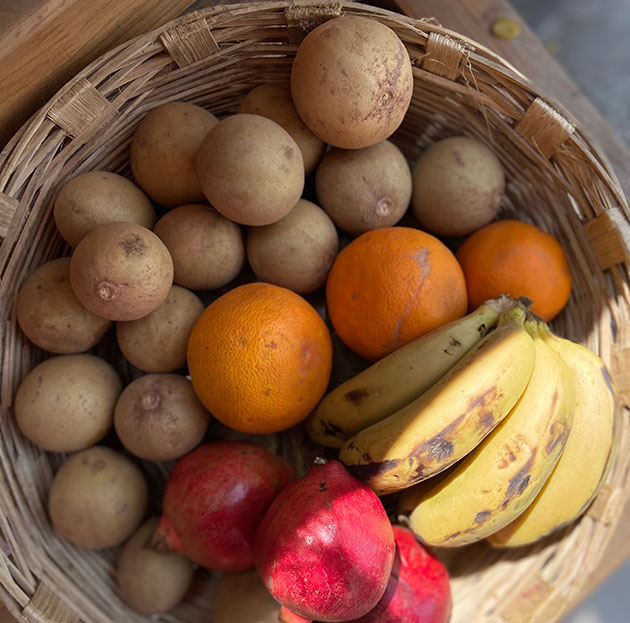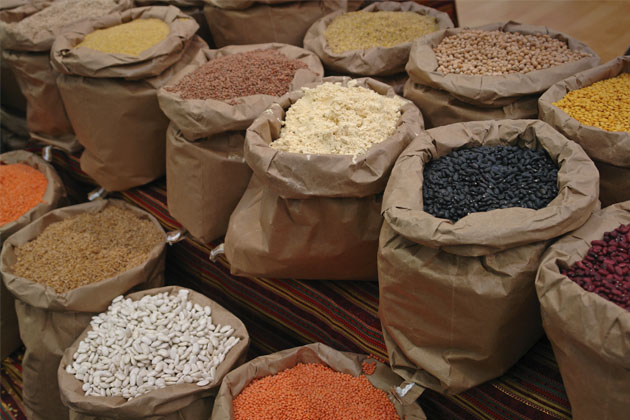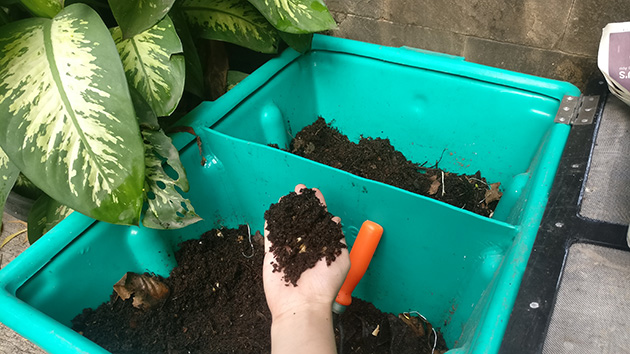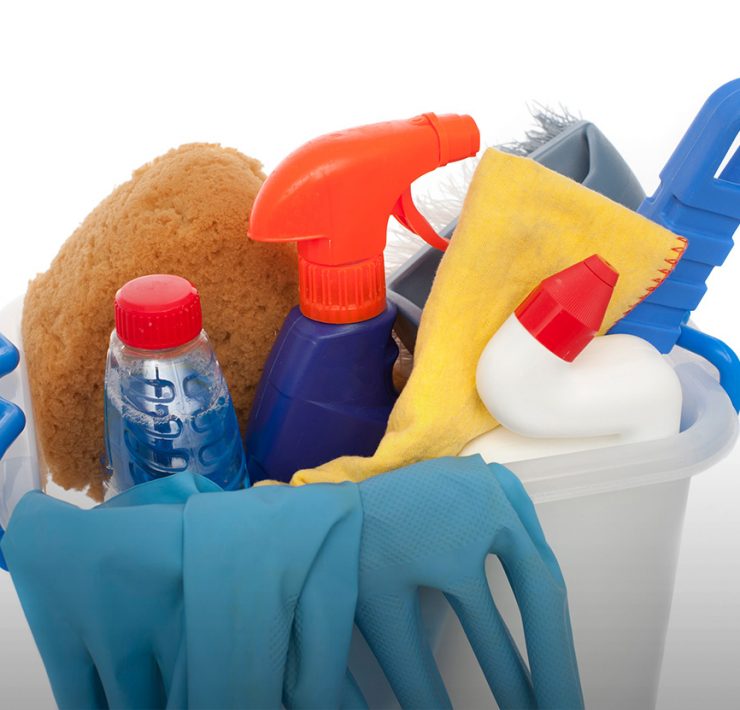Go green with these New Year resolutions
- It’s that time of the year again, when you sit and make a checklist of everything you’re going to achieve this year. How about making sustainability a priority in 2021?

Shraddha Uchil is the consulting features editor at Ethico. After…
“We have entered a pandemic era,” wrote Dr. Anthony Fauci of the US-based National Institute of Allergy and Infectious Diseases in a paper he co-authored with his colleague David Morens.
Starting with the H1N1 “swine flu” virus, followed by Zika, Ebola, SARS-CoV and MERS, and the most recent SARS-CoV-2 (the virus that causes Covid-19), humanity is witnessing an onslaught of diseases that have spilled over to humans from animal hosts.
While the factors causing this are complex, Dr Fauci and Morens agree that climate change is a major driver. When we destroy their habitats and when temperatures rise, creatures (and the viruses they carry) are forced to migrate to more hospitable environments. This often means they encounter humans they wouldn’t have otherwise, thus allowing the virus a chance to jump to a new host, giving birth to a new disease.
While it’s going to take a lot of work to reverse climate change, after the havoc 2020 has rained on us, perhaps it is time to introspect and find out how we can make the world a better place in our own small ways. Here are some green New Year resolutions you can follow in 2021 to make it a year of sustainability.
1. Put the spotlight on any one area of your house
You could start by taking stock of your kitchen, or maybe your bathroom. Once you’re done picking a space, look at (responsibly) disposing of unnecessary items or products, and think about how you can start minimising plastic usage. This might mean switching to sustainable brands, or even DIYing the products at home.
2. Speaking of DIY…

The Internet is filled with ideas on how you can make all sorts of things, from clothing and decor to personal and home care products. Even if it’s just one thing — like experimenting with making shampoo and conditioner bars — it’s a switch worth making.
3. Order less, cook more
How often have you ordered more than you needed and packed away the leftovers, only to forget about them the next day? Out they end up in the garbage, along with all the plastic containers they came in. Instead of doing this and feeling guilty about it, you could make a few simple changes. Make your masalas and other meal prep on the weekends, so that cooking isn’t as daunting a task on busy weekdays. Stock up on pantry essentials with a longer shelf life, and buy fewer quantities of perishables to avoid wastage. And if cooking is not something you see yourself doing, opt for a tiffin service that provides food in reusable containers.
4. Choose organic wherever possible

Organic farming promotes soil biodiversity, doesn’t lead to air and groundwater pollution, and protects bees and other pollinators. Find local stores that stock organic produce, and if possible, start buying clothes made of organic cotton. Fair warning: many brands are known to resort to greenwashing. Bamboo clothing, for instance, is often nothing but rayon. To avoid being greenwashed, always look beyond advertising claims, scrutinise ingredient lists, and look for labels that prove that a given product has been vetted or certified by a reliable third-party..
5. Trim the fat in your closet

You want those shiny new shoes inviting you to buy them, but you know you don’t really need them. Which possibly holds true for a lot of items in your cupboard. Do a wardrobe cleanse, Marie Kondo style, and bring your ‘Keep’ list down to evergreen essentials that you know won’t go out of style. Give the rest of your clothes and accessories away to friends and family, or to second-hand stores.
6. Avoid shopping for new stuff…
This one is harder to do for those who rely on retail therapy. But if you’ve worked hard to edit your home and wardrobe, it makes no sense filling them up again with purchases that don’t make sense long-term. Try to avoid making impulse buys — ask yourself if you really need something, and whether it will hold you in good stead for years to come. If the answer to either of these is no, maybe you don’t need it. If you really need something new, give high street brands a miss and opt for sustainable brands that make high-quality, durable garments.
7. …but if you have to, shop local

Shopping from businesses in your area not only helps in cutting down carbon emissions, it also contributes to the growth of your local economy. Local artisans also bring a lot more character to their work than chain stores selling run-of-the-mill, mass-produced goods.
8. Start composting

It is a myth that composting is a lot of work — worms and microbes do the hard work. It doesn’t need a ton of space either. You can get a compact bin that fits your requirements, and as long as it’s maintained well, it won’t even stink up your house.
9. Make your voice heard

Get involved in environmentalism in whatever way you can. If you visit a restaurant or store that uses excessive plastic packaging, for instance, write to them asking for it to be replaced with sustainable alternatives. You can also involve yourself by participating in protests against developmental projects that harm the environment, or, at the very least, sign petitions that help the movements get noticed. Remember, every little act counts.
You don’t have to make all these changes right away. Start with one or two of them, and try to make a gradual shift towards a more sustainable lifestyle. By the end of this year, both you and the planet will be happier for it!
Shraddha Uchil is the consulting features editor at Ethico. After nearly a decade writing about food and culture for major publications, she has currently settled into her role as a new mum. Now, it’s time to consider how she can help preserve the world for generations to come.







